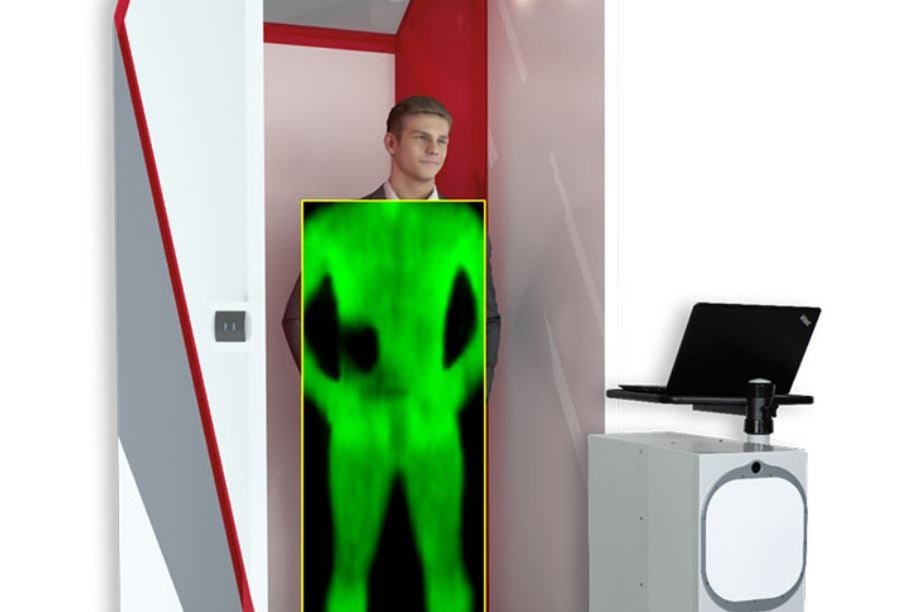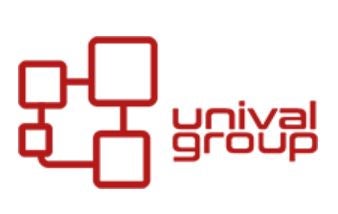
David Vollmar, managing director of unival group, explains why increasingly sophisticated threats from asymmetric warfare to cybercrime require equally complex and flexible approaches to security
What is the history of the company?
The company was founded in 2003, as part of a spin off. It was the time of the Iraq conflict and we were providing armored vehicles and ballistic security solutions. This was a time of roadside bombs. In order to provide blast protection, we knew that with significantly raising threat levels we needed to add more levels of security and protection into our vehicles to withstand IEDs. That approach somehow changed our understanding for security, and we’ve taken that approach of multi-level security solutions into everything we do.
Today, we provide a full set of verticals with multiple security technologies and solutions for government bodies and private companies, to protect against almost all types of threats. We offer protection against complex threats, providing sustainable and complete security solutions. That means physical protection, cyber protection, access and perimeter security as well as information protection.
What are the key pain points that unival addresses for customers?
The ever-growing complexity of today’s threats mean we’re not dealing with single issues from one area. Things are more complex. Companies, especially if they’re multinational, have to look at lots of threats. And each region has its own requirements. This makes it difficult for them to adopt single, standard solutions. They need flexible, modular, multi-sensor-based solutions adapted to regional requirements and threat patterns. It’s not easy to find it from one experienced provider.
Clients have to plan security, but also keep plans updated as the environment changes. To remain secure and safe, you have to adapt organically to changing threats. You need flexible, mobile and modular solutions and that’s where we come in. We specialize in multi-level security and in providing it in a flexible, customised way. Preferably we support our clients from A to Z, from planning to execution to lifecycle maintenance and dedicated training.
Is flexibility one of your USPs?
Yes, absolutely. Something we see a lot, especially with bigger competitors, is that they mostly sell standard solutions, with no ability to customise. We are flexible in most areas of production, so we get to understand customers’ requirements and adapt products accordingly. We even adapt training, services and all other aspects. The level of change in our industry will become similar to the electronics industry, where you have a new iPhone every 12 months, packed with new technologies. New technologies quickly are turned into new threats and you have to constantly find new protection levels and methods. And the cycles are getting shorter and shorter.
Do you have any examples?
It can be seen in a lot of military conflicts. Afghanistan is one example, where the Taliban has been using flexible methods to attack military forces. The armed forces aren’t prepared for this kind of hybrid warfare. Most of the time they’re working with outdated solutions and equipment and it can’t adapt to flexible warfare. This kind of hybrid warfare also transfers to industrial protection and other areas, especially where you are dealing with trained insurgents.
You get these “lone wolf” attacks, where insurgents have been trained in conflict zones around the world and have had access to sophisticated weapons and technologies. The same goes for the Latin American drug cartels. They’re using state-of-the-art equipment. They’re creative in using new technologies to circumvent existing security technologies. And we’re seeing much faster cycles. Security and defence procurement has to change to drastically shorter cycles in order to counter this kind of threats.
How can your solutions help address cybersecurity?
Cybersecurity is a major focus for a lot of companies. Quite often the threat arises offline. In order to circumvent a very sophisticated firewall, you need personal information to be able to tailor a Trojan horse for the malware. You want to use information that will make a person open an email. So even very sophisticated attacks start by trying to retrieve personal information from key decision makers, often using eavesdropping devices. Information protection is very important.
You have to look at threats and understand that sophisticated technologies are being used against you. We try to combine our tools and products so we can master a 360-degree approach.
What challenges has Covid-19 thrown up in your market?
A lot of companies have got staff working from home. This means employees are forced to leave the controlled environment of the office, where you might have sophisticated security systems. There might be a lack of communication and there is less corporate and personal security. The challenge is that you are not in a position to control the environment or let people work within a security structure.
We’ve seen a dramatic rise in cybercrime. Sophisticated attackers identify specific key people. They can get physical access to files or to PCs easily. You have to provide employees, and especially decision makers, with a secure environment when they are on the move, and make sure that secure communication and data exchange is provided. This needs to be part of risk management, but goes for the installation of security in general. In other areas you have to think about how you protect security staff from potentially infected people. You need tools to screen people from distance. This means you have to introduce new technologies, whether thermal cameras for body temperature, or terahertz screening to see whether people are carrying unwanted items without having to physically search and touch them.
How positive are you about the future?
Even though we manufacture products, most of our work is about integration of complex solutions. That means using our products, but also integrating with third-party products to provide multi-level solutions for clients. The future of security is integration. For this, you need to have a set of technologies, but also the experience to plan and adapt these technologies.
I don’t see a lot of other companies able and willing to do that and walk the extra mile with clients. We have very long-standing relationships, with clients and suppliers. And in a difficult environment, trust and relationships are important. As a German company, we are trying to provide extraordinary quality. And while we understand that in today’s world, buying decisions are on price and value, we also know we have to provide excellent quality. We know that is what we do.



